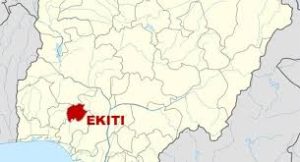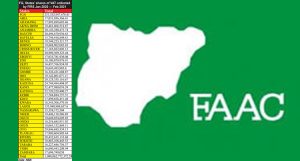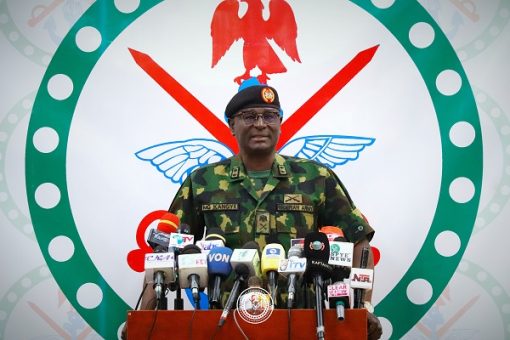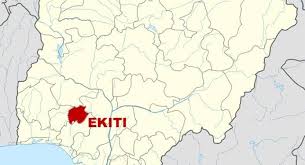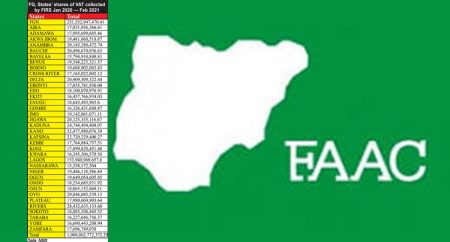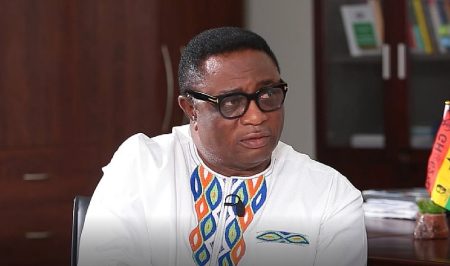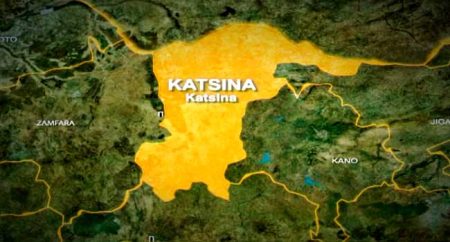The Nigerian Defence Headquarters (DHQ) has vehemently refuted a recent report by Amnesty International, criticizing its alleged lack of contextual understanding and its failure to acknowledge the substantial progress made by the Nigerian Armed Forces in addressing insecurity throughout the nation. The Amnesty International report had highlighted the Nigerian government’s purported inability to safeguard its citizens from persistent attacks by armed groups and bandits, claiming that over 10,000 lives were lost and numerous villages destroyed in the past two years. The DHQ, however, countered this narrative, accusing Amnesty International of employing “sweeping generalizations” and “unverified statistics.” The DHQ emphasized the intricate socio-political landscape and the asymmetrical nature of the security challenges faced by the Armed Forces, asserting that these crucial factors were overlooked in the report.
The DHQ underscored its respect for the role of civil society organizations in holding authorities accountable, while simultaneously expressing deep reservations about the report’s broad-stroke assessments. According to the DHQ, the report presented a distorted and overly pessimistic view of national security, neglecting the complex dynamics of modern threats, particularly those rooted in long-standing socio-political and economic issues. While acknowledging the existence of undeniable challenges in certain regions, the DHQ stressed the significant gains achieved by the military, particularly since President Bola Tinubu’s inauguration in May 2023. These achievements, according to the DHQ, included the neutralization of over 5,000 insurgents and bandits, the reclamation of over 350 communities previously under terrorist control, and the rescue of over 1,200 kidnapped civilians.
The DHQ highlighted specific operational successes, including the sustained military presence in areas like Maru (Zamfara), Bokkos (Plateau), and Logo (Benue), which facilitated the return of displaced persons to their homes under military protection. The military also emphasized its collaborative efforts with local intelligence networks, resulting in the successful rescue of over 1,200 abducted civilians, comprising women and children kidnapped in mass abduction incidents. Furthermore, the DHQ reported the dismantling of several notorious kidnapping syndicates and the ongoing recovery of illegal weapons caches. These achievements, according to the DHQ, stood in stark contrast to the bleak picture painted by Amnesty International.
Directly addressing Amnesty International’s claim of 2,630 fatalities and 167 displaced communities in Plateau State over the past two years, the DHQ dismissed the figures as fabricated, citing improved security conditions following a reorganization of deployments and intensified operations since July 2023. The DHQ asserted that, contrary to Amnesty’s report, no mass displacements occurred between 2023 and 2025. Similarly, the DHQ disputed Amnesty’s portrayal of the security situation in the Northwest, particularly in Zamfara, Sokoto, Kebbi, and Katsina States, as exaggerated. The DHQ countered with its own statistics, reporting over 2,000 offensive operations in Zamfara alone within two years, leading to the rescue of numerous abductees, the neutralization of over 1,500 terrorists, and the dismantling of bandit strongholds.
In Katsina State, the DHQ cited a recent operation that resulted in the neutralization of 21 bandits and the arrest of 77 collaborators. The military also emphasized its ongoing community engagement efforts through patrols, civil-military interactions, and intelligence sharing. The DHQ’s rebuttal extended to the reported figures for Benue State, where Amnesty International claimed 6,896 fatalities. The DHQ challenged this number, asserting that their records indicated 693 deaths during the same period, a significant discrepancy. The DHQ also disputed the displacement figures for Benue, claiming that they were inconsistent with ground realities and pointing to largely empty IDP camps as evidence.
In essence, the DHQ’s response to Amnesty International’s report constituted a comprehensive rebuttal of the organization’s findings. The DHQ accused Amnesty International of lacking contextual awareness, employing unverified statistics, and failing to recognize the military’s significant accomplishments in combating insecurity. The DHQ countered Amnesty International’s claims with its own operational data, highlighting successes in neutralizing threats, rescuing civilians, and reclaiming communities. The DHQ maintained that while challenges remained, the security situation was demonstrably improving, contradicting the negative portrayal presented by Amnesty International. This public disagreement highlights the often contentious relationship between governmental security forces and human rights organizations, as well as the challenges of accurately assessing complex security situations.


